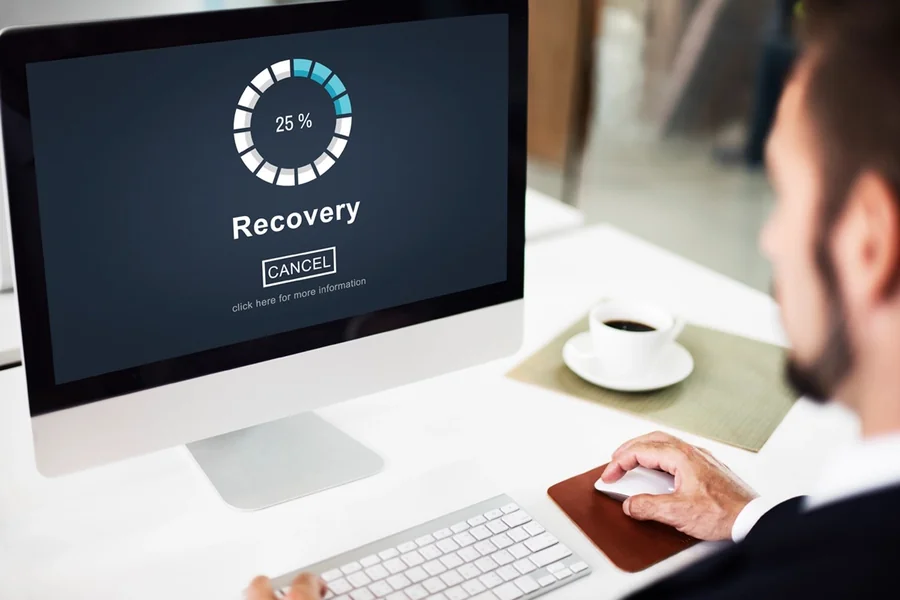In the highly regulated pharmaceutical industry, accurate and compliant labeling is essential for both patient safety and adherence to global regulations. Mistakes in labeling can lead to serious health risks, recalls, and legal challenges, making a robust labeling strategy critical. Utilizing pharma labeling compliance services allows pharmaceutical companies to mitigate these risks while ensuring that patients receive the correct medications with clear, understandable instructions.
The Importance of Accurate Pharmaceutical Labeling
Pharmaceutical labels are more than just marketing tools—they provide critical information about dosage, administration, potential side effects, and contraindications. Errors in labeling can result in medication misuse, adverse reactions, or even life-threatening situations. For healthcare providers, accurate labels are essential for making informed decisions and administering treatments safely. For patients, clear labeling ensures they understand how to take their medications correctly and what precautions to follow.
Regulatory Requirements Across the Globe
Pharmaceutical labeling must comply with strict regulatory standards in every market where the drug is sold. In the United States, the Food and Drug Administration (FDA) requires labels to meet specific content, formatting, and language requirements. Similarly, the European Medicines Agency (EMA) and other regulatory bodies worldwide enforce rigorous labeling standards. Noncompliance can lead to product recalls, fines, and reputational damage. The complexity of these regulations underscores the need for specialized services to manage labeling processes efficiently.
How Compliance Services Streamline Label Management
Pharma labeling compliance services provide a structured approach to label creation, review, and approval. These services often include advanced software solutions that track regulatory changes, ensure consistency across products, and reduce the risk of human error. Automated systems can validate content, flag potential issues, and maintain detailed audit trails. By streamlining the label management process, companies save time, reduce costs, and maintain regulatory compliance without sacrificing accuracy.
Reducing Risk Through Standardization
Standardizing labeling practices is another significant benefit of compliance services. Consistency in label content, design, and format minimizes confusion for healthcare providers and patients alike. Standardization also facilitates faster regulatory approvals, as authorities are more likely to accept labels that meet established guidelines. Additionally, it supports pharmacovigilance efforts by ensuring that adverse event reporting and patient safety information are clearly communicated.
Enhancing Patient Safety
Patient safety is the ultimate goal of effective labeling. Clear instructions, proper warnings, and accurate dosage information help prevent medication errors. By leveraging compliance services, pharmaceutical companies can ensure that labels are not only legally compliant but also understandable and accessible. This can include considerations such as legible fonts, multilingual options, and user-friendly design elements, all of which contribute to better adherence and safer outcomes for patients.
Adapting to Regulatory Changes
The regulatory environment is constantly evolving, with new guidelines and updates issued regularly. Staying ahead of these changes is crucial for maintaining compliance. Pharma labeling compliance services monitor updates from regulatory bodies and incorporate necessary adjustments into labeling workflows. This proactive approach reduces the risk of noncompliance and helps companies respond quickly to new requirements, avoiding costly delays or penalties.
Supporting Supply Chain Efficiency
Accurate labeling also supports the broader pharmaceutical supply chain. Labels contain information critical for storage, shipping, and inventory management. Compliance services ensure that this information is correctly formatted and updated, reducing errors during distribution. This reliability is particularly important for products with strict storage conditions or short shelf lives, as any mislabeling could compromise drug efficacy or safety.
Conclusion
In today’s complex pharmaceutical landscape, maintaining accurate, compliant, and patient-centered labeling is essential. Utilizing pharma labeling compliance services offers a strategic advantage by enhancing patient safety, streamlining regulatory adherence, and supporting operational efficiency. From reducing human error to standardizing label formats and adapting to evolving regulations, these services provide comprehensive support to ensure that both healthcare providers and patients can trust the information presented on every medication label.
By investing in robust labeling compliance, pharmaceutical companies not only protect their patients but also strengthen their reputation and ensure long-term regulatory success. Accurate, clear, and compliant labels are a cornerstone of safe medication use, and specialized compliance services are the key to achieving this critical goal.





